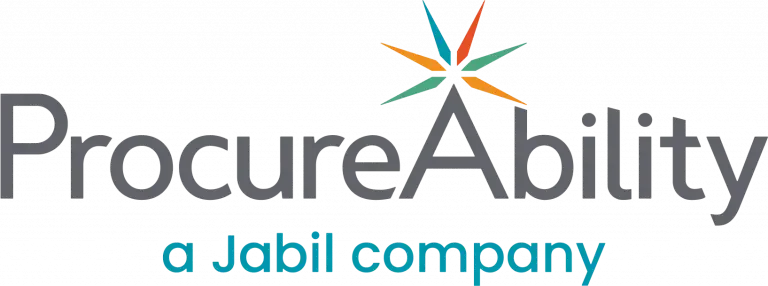Conference season provides excellent opportunities for in-person networking and professional growth. Keep in mind though that conferences cost time and money. It’s worth asking how you can make the most out of the events on your schedule.
Here are some of our favorite tips for optimizing your investment.
 Plan Ahead
Plan Ahead
As with many things in life, maximizing your experience at a conference requires thoughtful preparation.
- Set goals—Take time to think about your objectives before the conference starts. What do you want to achieve? Who do you want to meet? What do you want to learn? Clear goals will serve as a roadmap to decide which sessions to attend and set a strategy for how you network.
- Connect in advance—Are there specific people that you want to try to meet with? If so, reach out in advance and ask for a time to say hello in person. Leverage your network to make new connections. Can a mutual friend or colleague make an introduction on your behalf?
- Preview the schedule—Not every session will be important, so pick topics that align with your goals. Familiarize yourself with the conference map and keep one handy over the course of the event.
- Make a plan—Making an agenda or scheduling the day in your calendar can help you to keep track of appointments and the sessions you don’t want to miss. This can also help you when trying to coordinate time with people you may meet at the conference.
- Make time for yourself—Don’t forget to block out some free time to take a break, walk around, and explore. The best part of a conference might be the thing you randomly stumble upon.
 Pack Mindfully
Pack Mindfully
Conferences can be very loud, bright, crowded environments, and what you bring with you can make the difference between an uncomfortable grind and a painless, productive experience.
- Be comfortable—Pack shoes you can wear all day and clothes that make you comfortable and confident. You might also want to bring a pair of ear plugs or noise cancelling earbuds: An event like NAMM has a decibel level at the high end of what’s good for us, and you might need a break from the noise at some point.
- Notebooks and business cards—With so much activity, it can be easy to lose track of what was discussed with who or what you learned at a session. Always carry something to take notes. Bring business cards to distribute to your new connections or be ready to share electronic business cards on your phone with a tap or QR code.
- Health—Although regulations and restrictions have been lifted, conventions are large gatherings of people in proximity. Bring basic health safety essentials like hand sanitizer and as appropriate, face masks.
 Be Present
Be Present
Stay focused on the conference and the people around you. Set your out of office indicating the conference you are attending, block the time on your calendar, and try not to use your cell phone as a means of avoiding new connections.
- Location, location, location—Staying on property allows you to meet as many as people as possible and partake in off-hour networking opportunities like early morning yoga, charity sporting events, and evening dinners. Sit with a new person at each event!
- Be a conversationalist—Be ready for a succinct (and interesting!) summary about your company and you as an individual. Have interesting and timely questions in your back pocket to engage new people and get them talking. Did they recently travel to a new country, take up a new hobby, join a new professional organization? Then, listen! Remember first names by immediately using in the conversation.
- Stay organized—Make time after each session or interaction to take notes. Write a sentence or two about what you heard or the person you just met. Transfer contact information to your notes or digital contact book and use tags to keep organized.
- Find a quiet space—Stake out a spot away from the bustle of the conference for your prescheduled appointments and for impromptu conversations. Consider booking a hotel room with a separate living space, a conference room, or perhaps a table at a nearby restaurant. If those aren’t options, find a spot within the conference grounds where foot traffic is less.
- Social Media—Follow the conference event online, leverage the conference app to connect with other attendee, and share your experiences at the conference on LinkedIn or other social media platforms—it’s a great way to reconnect with existing contacts and make new ones.
- Look after yourself—Your personal well-being is important. Make sure you get a healthy amount of sleep, stay hydrated, and don’t be afraid to skip an event if you need time to recharge.
- Arrive for the beginning and stay for the duration—Arrive on time so you quickly warm up and get into the swing of the conference. Stay until the end, when many of the best topics, and many of the best conversations, occur.
 Follow-up
Follow-up
To make the most of a conference, you need to put in some work after the event is over and everyone has gone home.
- Reach out—Make sure to reach out to the people you’ve met within a few days after the conference. Use your notes to make your communications personal. If you want to foster a relationship with an important connection, ask for a face-to-face meeting or suggest a phone call. Connect on LinkedIn!
- Teach—Share what you’ve learned. Let your colleagues know what you heard at the conference and who you met. Not only will this help enrich your organization, but it will also help you cement your conference experiences in your memory.
A final note on gratitude: We should all appreciate the opportunity to invest in ourselves by attending industry conferences in-person to learn, expand our network, and grow professionally. Safe travels!
Additional resource
Harvard Business Review, How To Get The Most Out of a Conference, 2015




